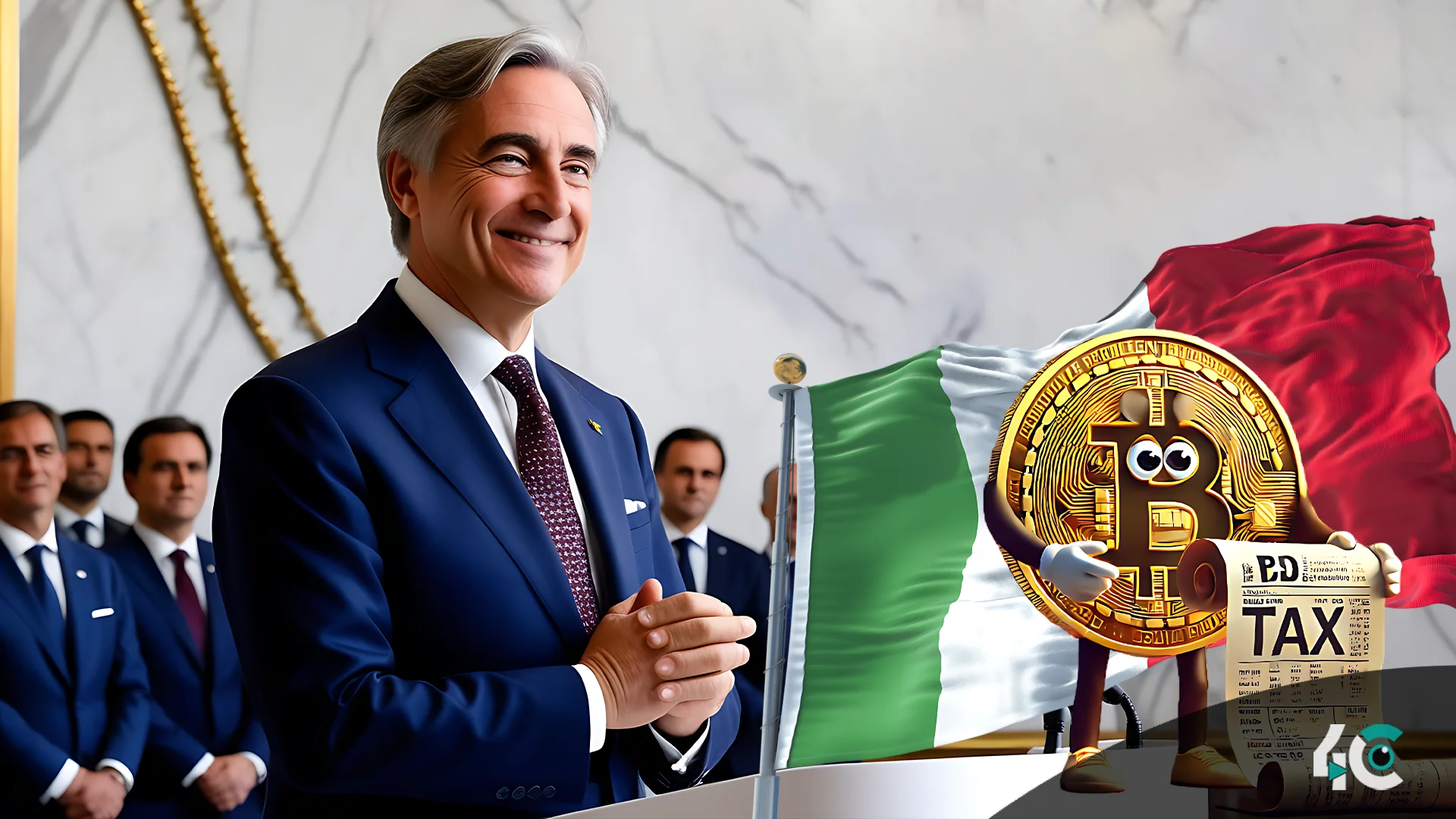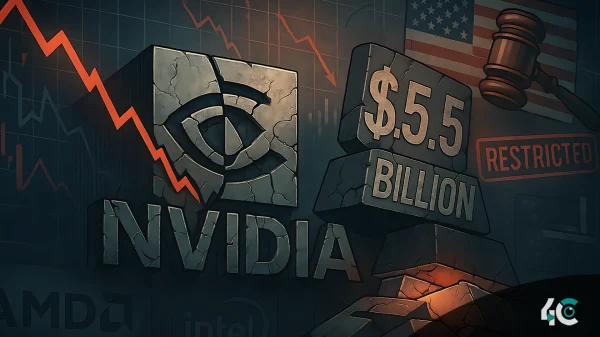Giancarlo Giorgetti, Italy’s finance minister, recently supported a proposal to raise the capital gains tax on cryptocurrencies to 42% in an effort to handle the higher risks he believes come with digital assets like Bitcoin. The government’s larger budget proposal includes the minister’s defense of the tax increase, which will affect cryptocurrency investment income.
At a World Savings Day event on October 31, Giorgetti characterized cryptocurrencies as “very high risk,” asserting their fundamental differences from conventional investments linked to physical assets. The Council of Ministers in Italy approved a budget proposal that would increase the capital gains tax on digital assets from 26% to 42%, subject to approval by Italian lawmakers. Giorgetti underlined that in order to safeguard Italy’s financial interests and lessen the economic uncertainty surrounding the cryptocurrency market, this tax rise is imperative.
The Italian government is debating the proposed rise. Italian Chamber of Deputies member Giulio Centemero voiced worries that the tax may stifle competition and innovation and urged more talks on the subject.
With the intention of supporting Italy’s fiscal objectives, this new tax policy is anticipated to produce about $18 million a year if it is adopted. Italy first increased the capital gains tax on cryptocurrencies to 26% in 2023 for trades above 2,000 euros, as part of its ongoing efforts to control and tax digital assets.
The European Union’s Markets in Crypto-Assets (MiCA) regulations, aimed at harmonizing crypto laws among EU nations, coincide with the introduction of the tax idea. Individual EU countries are still in charge of their tax laws, even though MiCA will impose stringent regulations on cryptocurrency companies, including steps to prevent money laundering and market manipulation.
Italy’s proposed tax increase reflects a growing trend among nations to include digital assets into the larger financial regulatory framework, combining market supervision with fiscal measures meant to control risks and promote stability.






























